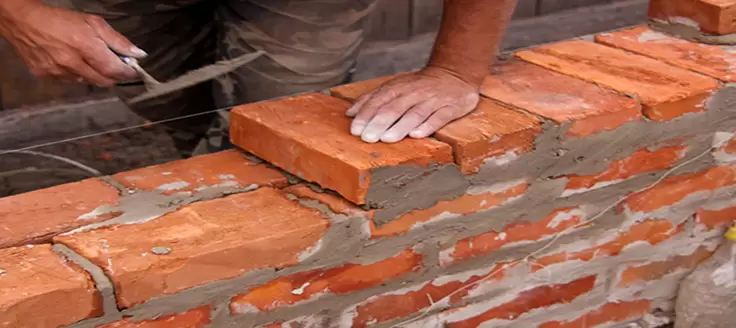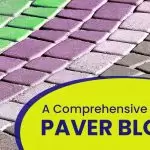The difference between Mortar and concrete can be perplexing to people who believe in doing things themselves, as all three are dirty compounds used in construction that harden to form a level surface or to attach one object to another. The terms are frequently and incorrectly used interchangeably. Though the phrases are frequently used interchangeably concrete, and mortar is two distinct materials.
Post your Requirement
Concrete and Mortar are essential construction materials used in each and every building. They are composed of sand, cement, and water but have different compositions and strengths and cannot be used in replacement of the other. The hydrated cement mix forms the basic ingredients for Concrete and Mortar.
What is mortar?
Modern day mortar is made up of cement, sand, and water. It can be found on any construction site & has a varity of uses.
What is concrete?
Concrete is a full-service building material that can be used for foundation walls, concrete slabs, patios, and a variety of other masonry buildings. It is remarkable in that it begins as a simple, dry mixture, then transforms into a flexible, semi-liquid material capable of shaping into any mould or shape, and finally dries into the hard-as-rock material known as concrete.
The differences between Concrete and Mortar are.
- Mortar has a high water-to-cement ratio while Concrete has a low water-to-cement ratio.
- Mortar is made of cement, sand, lime, and water. Concrete is made of cement, sand, water, and aggregate.
- Mortar is used as a binding agent used to bind brickwork or stones together. Concrete is used in the construction of structural members like beams, columns, slabs, and foundations. Concrete is further reinforced with steel bars to give it a very good tensile strength.
- Mortar is a very thick paste while concrete is more fluid. Concrete hardens with curing and setting time.
- Concrete is stronger and much more durable than mortar hence it is used for structural projects.
Concrete and mortar can further be mixed in different proportions to get the desired properties required for the building’s purpose.
Suggested Read: Advantages and Disadvantages of Fly ash in Concrete























Post A Comment